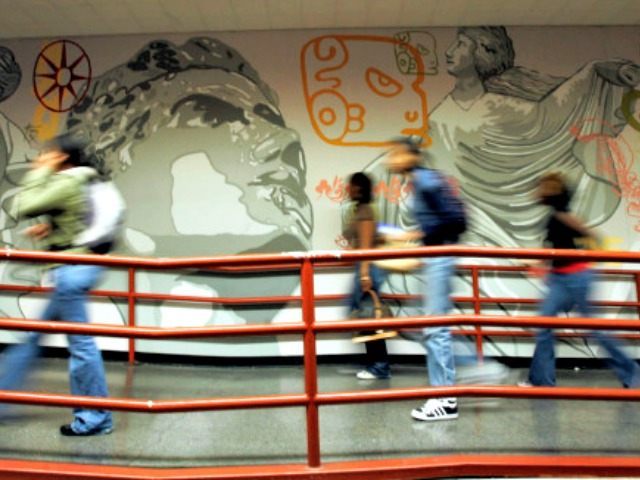Members from The Coalition to Ban the N-Word are demanding that Boston Public Schools adopt a plan to rid the word’s use among students at the city’s 130 public schools.
Black Community Information Center Director Sadiki Kambon said, “The critical thing is making sure the students understand that we want to do this with them and that this is not about punishing them. We don’t want them suspended or expelled—we just want them to get on board with us.”
Kambon’s group met with Boston Public Schools Superintendent Tommy Chang and discussed a process to educate students about the history of the N-Word and why they shouldn’t use it.
Some outspoken activists in Massachusetts also want to address the N-Word’s ubiquitous use beyond Boston schools.
“But we need to make sure we incorporate it into the music industry, which is using the word and glamorizing it. As long as that is incorporated into the campaign, then I think it is a solid plan and I wish them much success,” said Darnell Williams, director of the Urban League of Eastern Massachusetts.
Kambon’s campaign was quickly praised by other black community leaders.
“I think it’s critically important. They’re trying to create an atmosphere where the word will not be tolerated, and I think that makes all the cultural sense in the world,” said Darnell Williams, director of the Urban League of Eastern Massachusetts.
A Boston Public Schools official admits they address N-Word use violations just like any other situation where a student has used derogatory language, on a case-by-case bases. “BPS is encouraged by the opportunity to galvanize a variety of partners, including the Boston Student Advisory Council and other youth leadership groups, to explore a variety of solutions,” a Boston Public Schools spokesman said.
The 2014 four-year graduation rate for Boston Public Schools is 66.7 percent, according to The Department of Elementary and Secondary Education. That is roughly 13 percentage points lower than the national average, which stands at 80 percent.

COMMENTS
Please let us know if you're having issues with commenting.